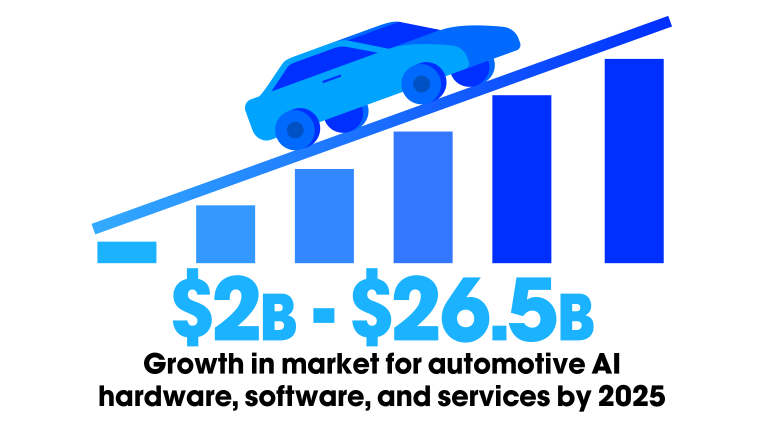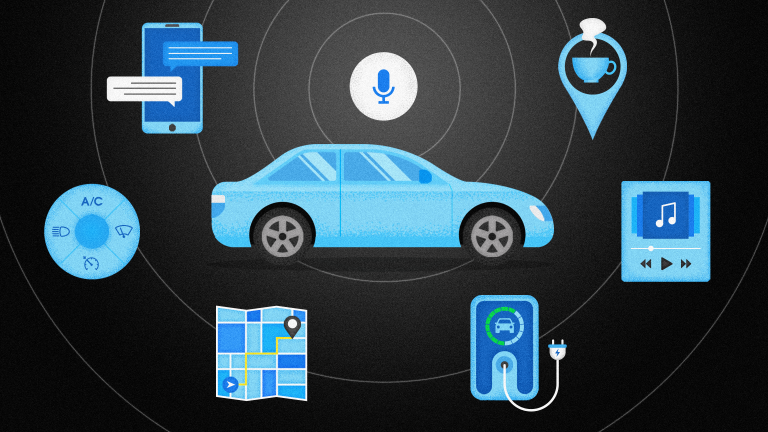Businesses recognize the business value that frictionless, convenient, and hands-free user interfaces deliver and are prioritizing that value by putting people first:
The 5 Greatest Drivers of Business Value for Voice Assistants:
- 83%: Convenience and speed for end-users
- 77%: Improved customer support
- 74%: Control the brand identity and user experience
- 73%: Operational efficiencies
- 71%: Increase customer loyalty
How companies will solve for the length of time required to deploy a voice assistant isn’t immediately evident, as best practices still recommend thorough audience research, careful design and development and a series of iterative stages to create a useful voice assistant that will deliver on the brand promise.
Advances in voice technology will most likely create economies of scale where a template created for one company could be used as a foundation to build a voice assistant for another.
In the shorter term, solutions around the challenges of monetization are closer at hand, especially where custom voice assistants are concerned.
Proving ROI and finding more opportunities for monetization
One of the biggest surprises we found in the results of the Opus Research survey was the disconnect in future plans for monetization up and down the organizational structure inside companies. Those in technical roles, team leads and managers were much more sure about the prospect of using voice assistants for voice ads and voice shopping.
In the C-Suite, respondents were not as positive that adding advertising into their voice experiences was the right approach. However, everyone agreed that monetizing the voice experience is important.
Here’s how business leaders are thinking about monetizing voice AI:
- 53% overall plan to invest in voice ads and voice shopping
- 43% of C-level executives agree
- 50% of team leads agree
- 66% of engineering leads agree
- 84% overall agree that monetization is important
- 83% of C-level executives agree
- 84% of team leads agree
- 80% of engineering leads agree
These results suggest that while monetization of the voice experience is an important aspect of implementing a voice AI strategy, how monetization takes place is still in question. While the traditional voice ads may seem too intrusive to C-level execs concerned about customer loyalty and brand affinity, they are still looking for ways that voice assistants can impact the bottom line.
As expected, those in the hospitality, retail, and QSR sectors are more likely to see voice shopping as a primary function of the voice assistant and have more plans to invest in those experiences.
In the future, the voice AI technology sector will likely lead the way to new models for monetization. Opportunities will exist for those implementing voice assistants as well as for the content domain owners. The content domains will provide the information necessary to create experiences beyond the command and control of hardware devices and products as well as the opportunities to deliver more value.









